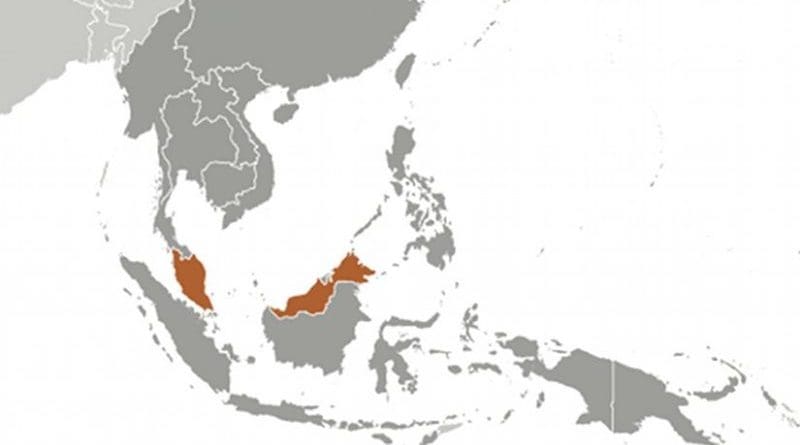Malaysia Suspends Three China-Backed Infrastructure Projects
By BenarNews
Malaysia’s new government said Thursday it was suspending a trio of Chinese-backed rail and pipeline projects in the country, citing concerns over combined costs estimated to run as high as U.S. $23 billion.
Finance Minister Lim Guan Eng issued a statement announcing the “suspension notice” on the East Coast Rail Link (ECRL) and the two pipeline projects after seeking advice from Attorney General Tommy Thomas.
“The decisions are solely directed towards the related contractors relating to provisions mentioned in the agreements, and not at any particular country,” Eng said in a news release.
The finance minister noted that the expected cost rail link, the most expensive of the three projects, had increased by 26 billion ringgit (U.S. $6.4 billion) to 81 billion ringgit ($20 billion).
The 9.4 billion ringgit ($2.3 billion) pipeline projects are located, respectively along the west coast of peninsular Malaysia and in Malaysian Borneo.
Reuters news service reported that the government was investigating to determine if the administration of former Prime Minister Najib Razak had used funds earmarked for the pipeline projects to pay off debt incurred by the financial scandal-ridden 1Malaysia Development Berhad (1MDB) development fund.
Najib, a top supporter of China’s Belt and Road initiative of investments in the region, called the rail project a “game changer” during its August 2017 groundbreaking. The rail line was to stretch 688 km (430 miles) and join the two coasts of Peninsular Malaysia at a cost of 55 billion ringgit ($13.5 billion).
The Belt and Road Initiative is a grand geopolitical strategy by China to build a vast network of ports, railways, roads and trade routes that would connect China to markets in Southeast Asia, South Asia and beyond.
The announcement by the foreign ministry came a day after Najib was criminally charged in a Kuala Lumpur court following his arrest on suspicion of corruption linked to 1MDB, a state investment fund he started in 2009.
Prime Minister Mahathir Mohamad, who took office May 10 after his Pakatan Harapan coalition scored an election upset over Najib’s Barisan Nasional coalition, has been an outspoken critic of Malaysia undertaking projects that require borrowing from China.
On May 29, Mahathir announced that his new government would renegotiate terms of the ECRL deal.
“The terms are very damaging to our economy,” he said at the time.
Mahathir’s announcement came at the same time the government canceled plans to build a bullet train between Kuala Lumpur and Singapore. Weeks later, Mahathir said that his government would review the bullet-train project.
Contractor responds
Contractor China Communications Construction Co. (CCCC) responded to the notice with its own news release stating that the ECRL contract had been signed with Malaysia Rail Link Sdn Berhad (MRL), which represented the Malaysian government.
“We respect and comply with Malaysian laws. Under the situation we have no choice but to adhere to the suspension instruction,” it said. “While the duration of the suspension has not been specified, we are concerned about incurring additional cost, losses and damages arising from the suspension.
“We are upset and concerned about the livelihood of our 2,250 local staff, as well as several hundred sub-contractors, suppliers and consultancy firms.”
CCCC said it hoped both sides can find a win-win solution through negotiations and that the suspension will be lifted soon.
The contract approved by Najib calls for CCCC to build the rail line and for the Malaysian government to finance 85 percent of the cost through loans from the Export-Import Bank of China with the remaining 15 percent funded through a bond program managed by three Malaysian banks.
The China Petroleum Co. is the firm contracted for the pipeline projects. Last month, Eng announced he had asked the Malaysian Anti-Corruption Commission to probe a “highly suspicious” payment of U.S. $2 billion made to China Petroleum when only 15 percent of its work on the two pipelines was complete.

